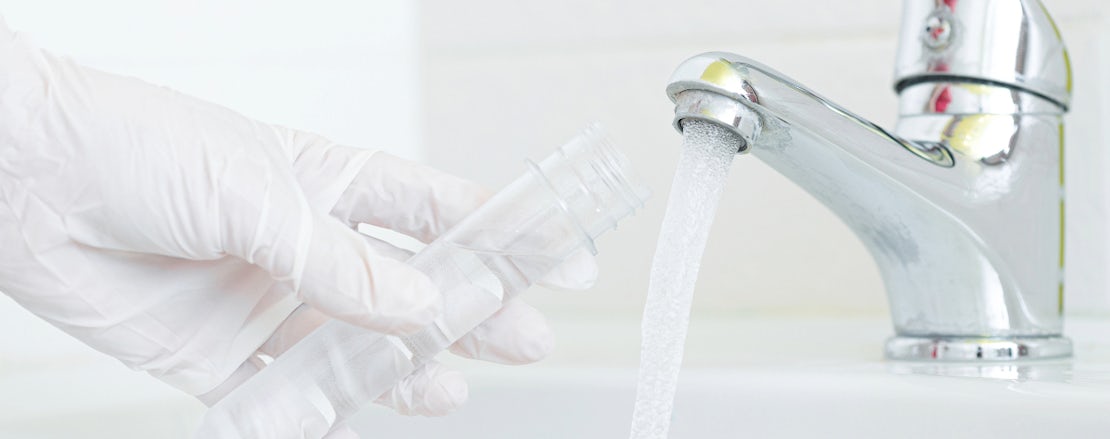Amendments to the Repairing Standard legislation in Scotland mean there is a new requirement for lead testing in private rented properties.
Changes to the Repairing Standard
Changes to the Repairing Standard (the minimum physical standard a property must meet) require landlords to ensure from the 1st March 2024 that the water supply in their private rented properties is free of lead. This will mean additional testing requirements for some landlords.
Lead testing in private rented properties – requirements
The Scottish Association of Landlords has provided the following guidance on testing:
1. Scottish Water advises that if your property was built before 1970 there is a chance you could have lead pipework. If a landlord is uncertain whether there are lead pipes, or is aware of a risk, tenants must be informed, and water samples must be taken for laboratory analysis as this is the only way to properly test whether the water is lead free.
2. Scottish Government guidance states that water should be tested at all outlets where water may be consumed between the boundary stopcock and the kitchen tap. For most properties the only outlet which would need to be tested for lead is the kitchen tap. Other outlets at baths, basins and utility rooms would only need to be tested if they are located between the boundary stopcock and the kitchen tap.
3. If the test shows that the lead content is at or above 10 micrograms per litre, this indicates that there is some lead present in the plumbing. The tenants must be informed immediately. Short-term precautionary advice to tenants may include not drinking water that has been standing in pipes for long periods (e.g. overnight or if no-one has been in for several hours), and drawing off a washing-up bowl of water to clear the water which has been standing in the pipes before using it for drinking or cooking.
4. For properties connected to the public water supply, Scottish Water will undertake an investigation and replace any sections of lead in its part of the service pipe between the water main in the street and the boundary stop valve, which it must do free of charge.
5. The landlord is responsible for locating and removing any lead pipes in the sections of pipework which are not the responsibility of Scottish Water. The water should then be re-sampled to ensure that the lead content is below 10 micrograms per litre.
6. In some cases, local authorities may be able to offer a small amount of grant aid through their scheme of assistance for housing improvement, to assist home-owners with the cost of pipe replacement. Funding available is finite, however, and availability varies between authorities.
7. In jointly owned buildings part of the water supply may be jointly owned. A landlord is not required to carry out any work on jointly owned pipework if they cannot get the rights or consent needed to do it. The legislation requires a landlord to take reasonable steps to get the rights or consent, but they are not at fault if this cannot be obtained.
What are the next steps?
For those properties in our portfolio built prior to 1970, At Home In Edinburgh will take the required sample and send it away for testing with an approved laboratory. The expected cost will be around £50 per property. Results of these tests will be shared with the landlord and tenant.
If a landlord is aware of any potential lead water pipes in their property, they should contact their property manager as soon as possible.
If you have any questions about this or any other private rental sector legislation that might affect you, please get in touch with us, and our team of property experts will be happy to advise you. Pop in to see us at 39 Warrender Park Road, Edinburgh, EH9 1EU, give us a call on 0131 229 4001, or email us at [email protected].
